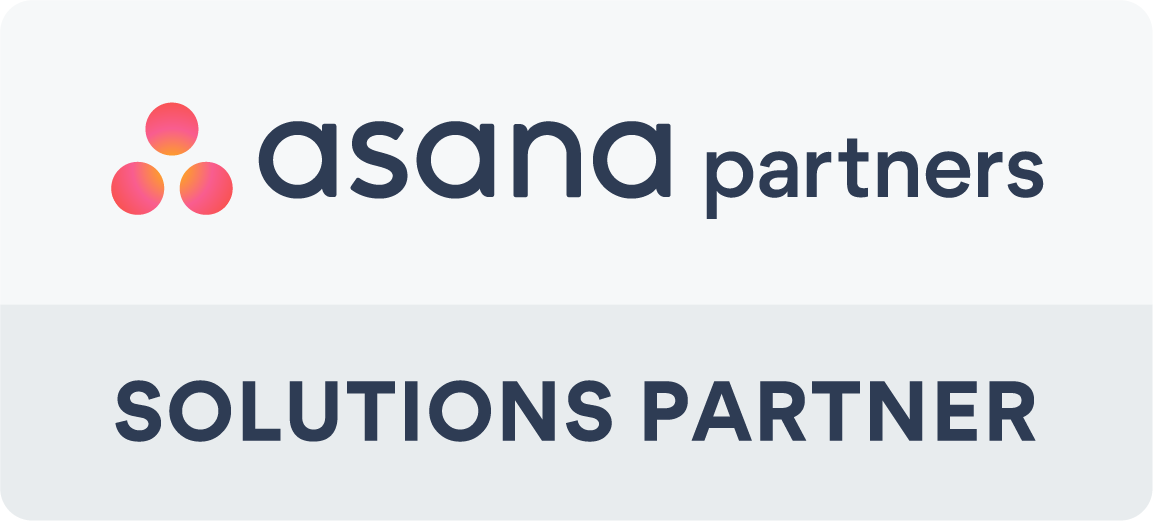BONUS EBOOK: 5 Reasons to Use Cloud Security with Remote Workers
Google G Suite is an incredibly powerful collaboration tool for businesses of all sizes – users and admins alike agree that the flexibility and opportunities it can bring to a business are fantastic. Generally considered to offer robust security controls, G Suite is a safe and sensible option for those looking to increase productivity and easily collaborate with colleagues and clients.
However, like all cloud services, G Suite is not immune to data threats or other malicious actions meaning good security protocols are paramount to protect business data and ensure your organisation maintains a good level of compliance.
In this article, we discuss some common cyber threats that G Suite users are not immune to and what you can do to further secure G Suite.
Common G Suite Threats
If you are looking to migrate to G Suite or have already started using it, it’s a good idea to brush up on the most common and dangerous threats you may encounter:
- Ransomware - a type of malware that threatens to publish your data or more commonly, block access to your data unless a hefty ransom is paid.
- Phishing - attempts to steal sensitive information or data, such as usernames or passwords. Fraudsters do this by disguising themselves as trustworthy businesses or people.
- Malicious third-party apps – add ons and apps that are designed to look appealing but contain malware. The purpose behind these apps is usually to steal data.
- Insider threats – serious data threats can come from within your organisation. From employees or former employees committing fraud or theft, or purely through negligent actions.
- Brute-force attacks – basically a hacker entering passwords until they find the correct one. Again, the purpose is usually to steal data.
- Human errors – employees can inadvertently cause serious issues in several ways. From something as simple as sending an email to the wrong recipient to clicking dodgy links.
How to secure G Suite?
Although Google takes security seriously when your organisation uses its range of services, security becomes a shared effort between the both of you. Google expects you to take security as seriously as they do by using robust practices when it comes to protecting sensitive data against loss or leakage.
For most businesses, especially those handling large amounts of confidential data, proof that you take all available precautions to protect data is required to stay compliant.
Firstly, securing G Suite begins with user education – most of the advice is like what would be given to anyone using a computer or the internet and is mostly common sense! For example, choosing strong passwords, not opening files or links that look suspicious, and not letting anyone else access devices such as laptops.
BONUS EBOOK: 5 Reasons to Use Cloud Security with Remote Workers
Employees can be educated on good IT practices and cyber threats in general with internal training courses or by using an external provider.
This looks after the human error element to some extent but with phishing scams and malware becoming more sophisticated there are some instances where even someone with a trained eye may be fooled. This calls for more robust action to help protect your data.
G Suite applications do come with some additional features Admin can activate to boost security, help prevent phishing andprotect accounts from unauthorized access. You can also turn services on or off for users, depending on their job role.
The next level of security would be to use third party cybersecurity tools that have been developed to use with G Suite. Services like Netskope for Google G Suite allow you to maintain the visibility and security controls you need within G Suite to protect sensitive data against loss or leakage and ensure compliance. One of the biggest advantages to these types of tools is the real-time monitoring they offer – from suspicious login attempts to unusual file activity. Worth considering if you are serious about beefing up your G Suite security.
Google Cloud Enterprise Mobility + Security G Suite Cloud Security IT Security



